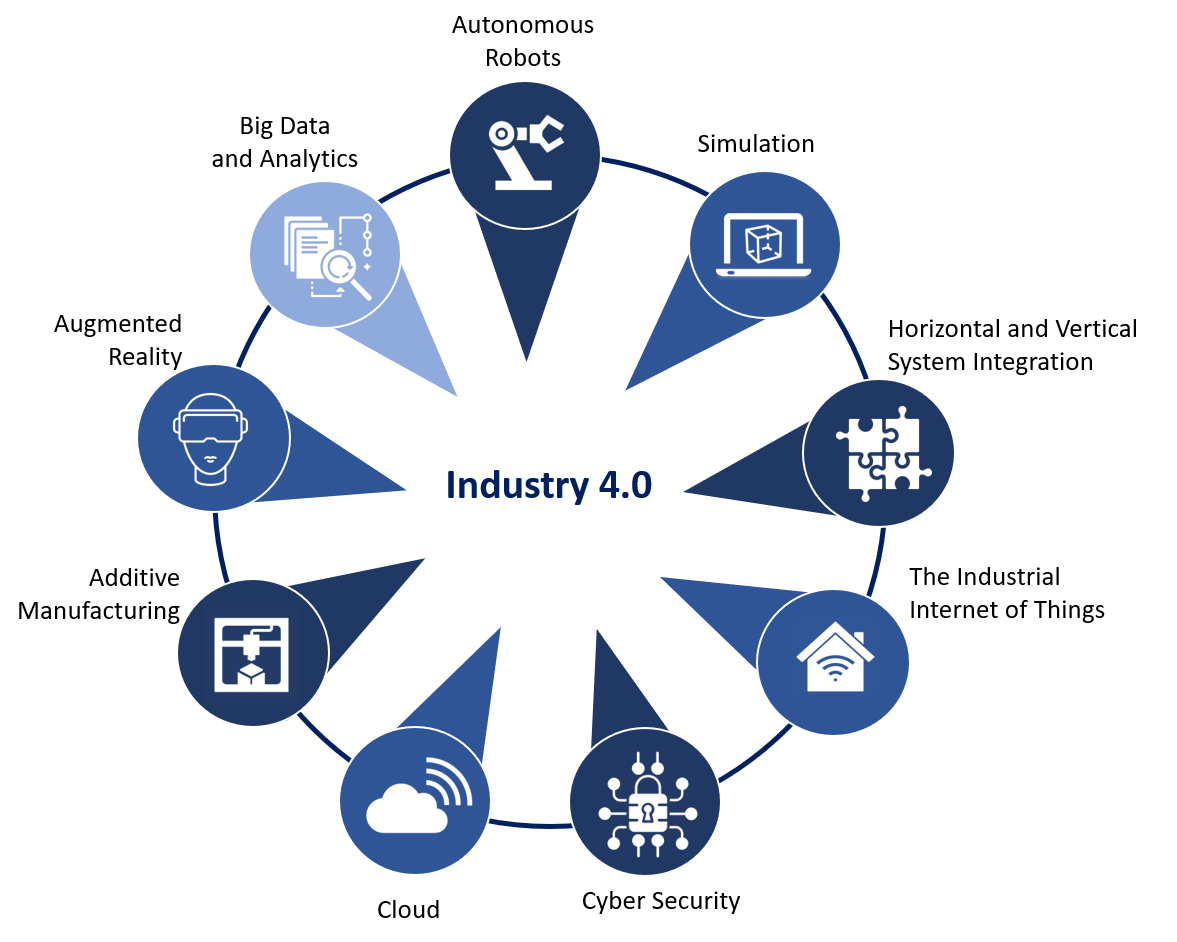CONTACT US
Contact Us
Improve operations, increase revenue, and enhance manufacturing business models with a portfolio of Industry 4.0 technology solutions from Youngsoft, Inc.
Industry 4.0 is about industrial transformation using new digital technology that makes it possible to gather and analyze data across machines and business systems enabling faster, more flexible, and more efficient processes to produce higher-quality, individualized goods at reduced costs.
The time for Industry 4.0 is now – get started with Youngsoft, Inc.
Industry 4.0 is about industrial transformation using new digital technology that makes it possible to gather and analyze data across machines and business systems enabling faster, more flexible, and more efficient processes to produce higher-quality, individualized goods at reduced costs.
The time for Industry 4.0 is now – get started with Youngsoft, Inc.

- Solutions for Industry 4.0
- Principles
Industry 4.0 is often used interchangeably with the notion of the Fourth Industrial Revolution. It is characterized by:
- Greater use of automation versus the Third Industrial Revolution
- The bridging of the physical and digital world through cyber-physical systems, enabled by Industrial IoT
- A shift from a central industrial control system to one where smart product define the production steps
- Closed-loop data models and control systems that provide more granular data and control
- Personalization/customization of products
This paradigm shift in Industry 4.0 is based on the following principles:
- Interoperability
The communication ability of all the elements of the factory, cyber-physical systems, robots, corporate information systems, smart products and the people, as well as third-part systems - Decentralization
The capacity for the design of autonomous sub-processes within the factory with cyber-physical elements with the capacity to make decisions autonomously - Real-time Analytics
The ability to collect and analyze large amounts of data (Big Data) that allow the monitoring, control and optimization of processes, facilitating any result and decision derived from the process immediately and at every moment - Virtualization
The ability to generate a virtual copy of the fabric by collecting data and the modelling industrial processes (physical), obtaining virtual plant models and simulation models - Service Orientation
The ability to transfer the new value generated to the customer in the form of new services or improved services with the exploitation of new disruptive business models - Modularity and Scalability
The flexibility and elasticity to adapt to the needs of industry and business at all times, with the ability to scale the technical capacity of the system in accordance with the technical requirements required by the evolution of business demand in each case

